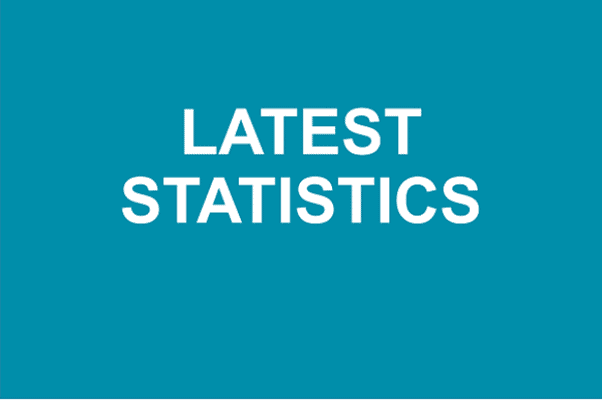Health Minister Robin Swann has welcomed June monitoring round allocations of funding for the health service.
Mr Swann was speaking after the allocations were announced by Finance Minister Conor Murphy. These include £31.5m for alleviating waiting lists and £17.7m for pharmaceutical pressures.
The Health Minister stated: “The additional waiting list monies will be targeted at long waits for treatment and care – including in the areas of physiotherapy, occupational therapy, speech and language therapy and psychological therapies.
“This will be in addition to our ongoing investment in elective care for the highest priority cases in terms of clinical need.
“While additional one-off allocations will always be welcome, a long-term solution to waiting lists requires sustained and guaranteed funding over a number of years.
“The Finance Minister and I are in full agreement on the need for multi-year budgets.”
The June 2021 monitoring round allocations for Health also include: £4.5m for Muckamore Abbey Hospital support costs including funding for the alternative location of patients who might previously have been treated at Muckamore; £1m for cyber security; and £11.5m capital funding.
The Minister’s announcement came on the same day that the HSC Business Services Organisation (BSO) published its annual General Pharmaceutical Service Statistics for Northern Ireland.
The report contains information on prescription dispensing and payments in relation to community dispensing (ie, dispensing by community pharmacies, dispensing doctors and appliance suppliers).
Key points
- At the end of 2020/21, Northern Ireland had 528 community pharmacies, three less than last year.
- On average, the Northern Ireland population live less than one mile from a community pharmacy. However, there is a distinct variation in urban and rural settings with Belfast Local Government District residents living, on average, within 0.3 miles of their nearest pharmacy compared to 1.6 miles for those living in Fermanagh and Omagh.
- Community Pharmacies were responsible for dispensing over 99% of items with the remainder dispensed by Appliance Contractors and Dispensing Doctors.
- On average each community pharmacy dispensed over 78,000 items in 20/21.
- The number of items dispensed fell by just over 3% to 41.7 million in 2020/21 compared with the previous year. This is the first decline seen since the series began and may be as a result of prescribing patterns during the COVID-19 pandemic.
- Despite the decrease in number of dispensed items, the total ingredient cost rose by over 2% in the last year to £454.3 million. Total ingredient costs have fluctuated since the beginning of the series but are now around 10% higher than they were in 2013/14.
- Almost 23% of the total ingredient cost of items dispensed was related to the Central Nervous System.
- Around 45% of prescription items were dispensed to patients aged 65 or over, with a further 35% to patients in the 45-64 age group.
- Almost one in five (19%) of the Northern Ireland population received anti-depressant medication during 2020/21. This translates to almost 24% of the female population and approaching 14% of males.
- The number of items dispensed was over 50% higher in the most deprived areas in NI compared to the least deprived. Conversely, the average ingredient cost per item was over 20% higher in the least deprived areas.
- Northern Ireland has the highest ingredient cost per person in the UK at almost £240 per year compared to the lowest, England, which is almost 30% lower at almost £170



